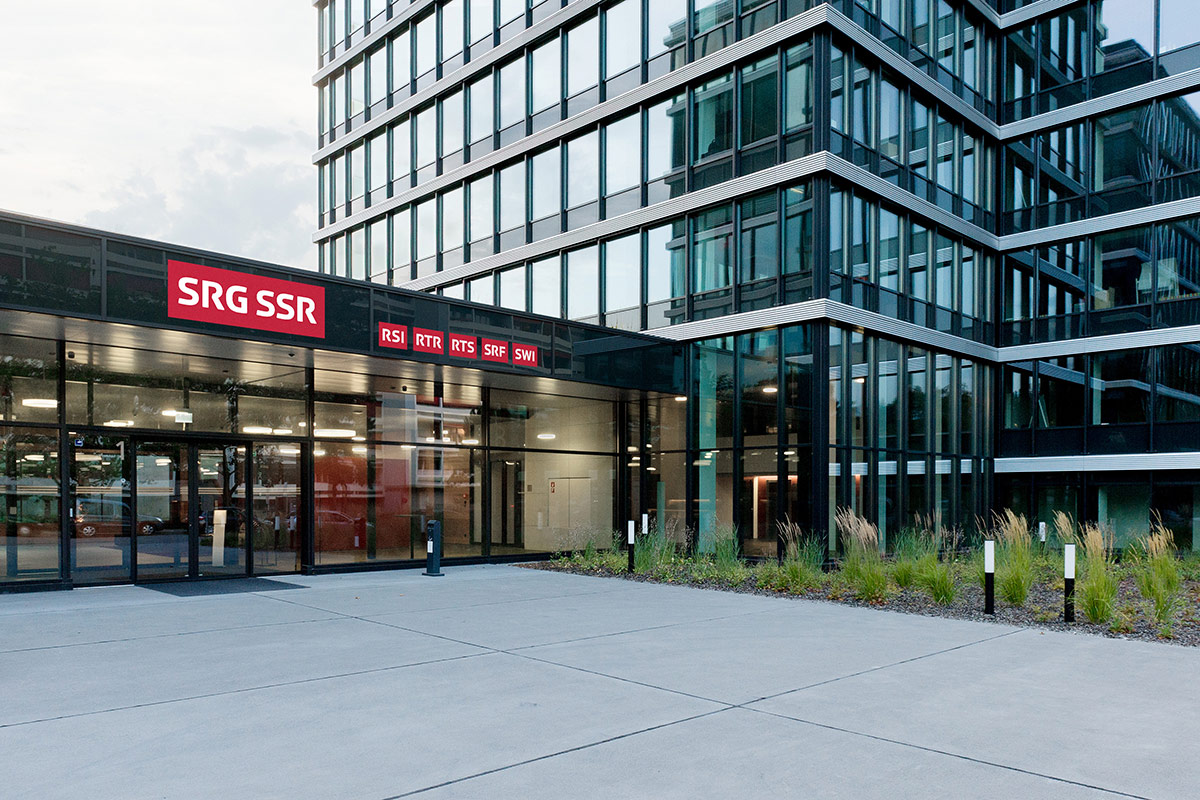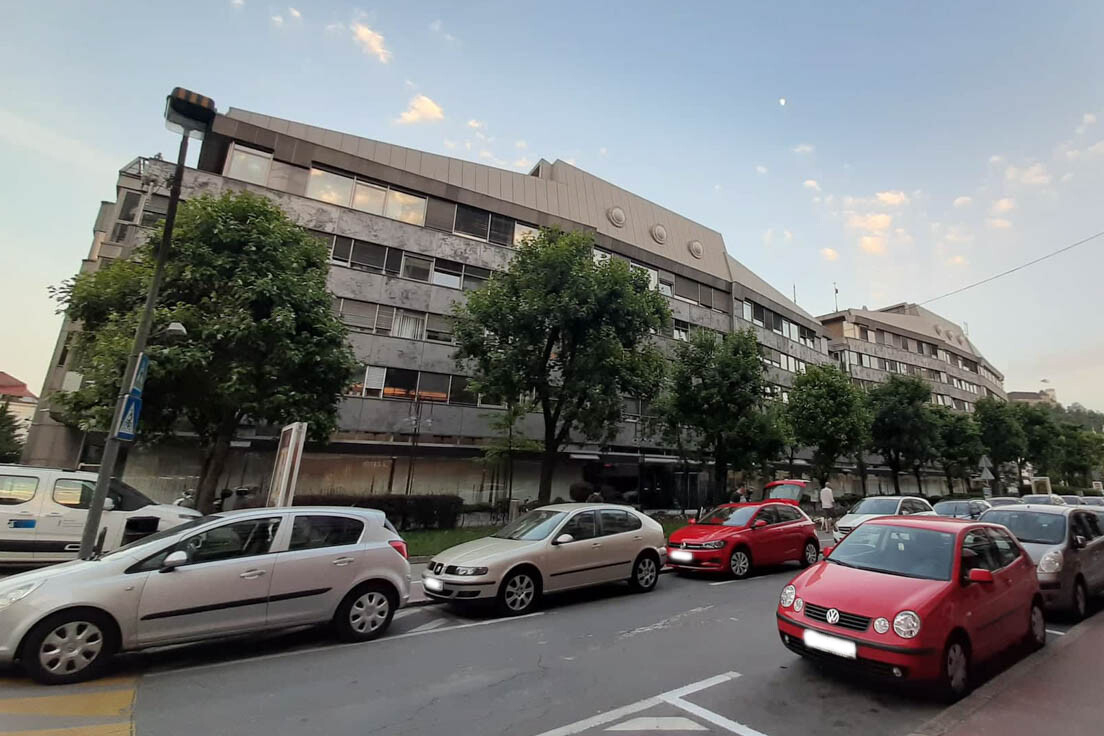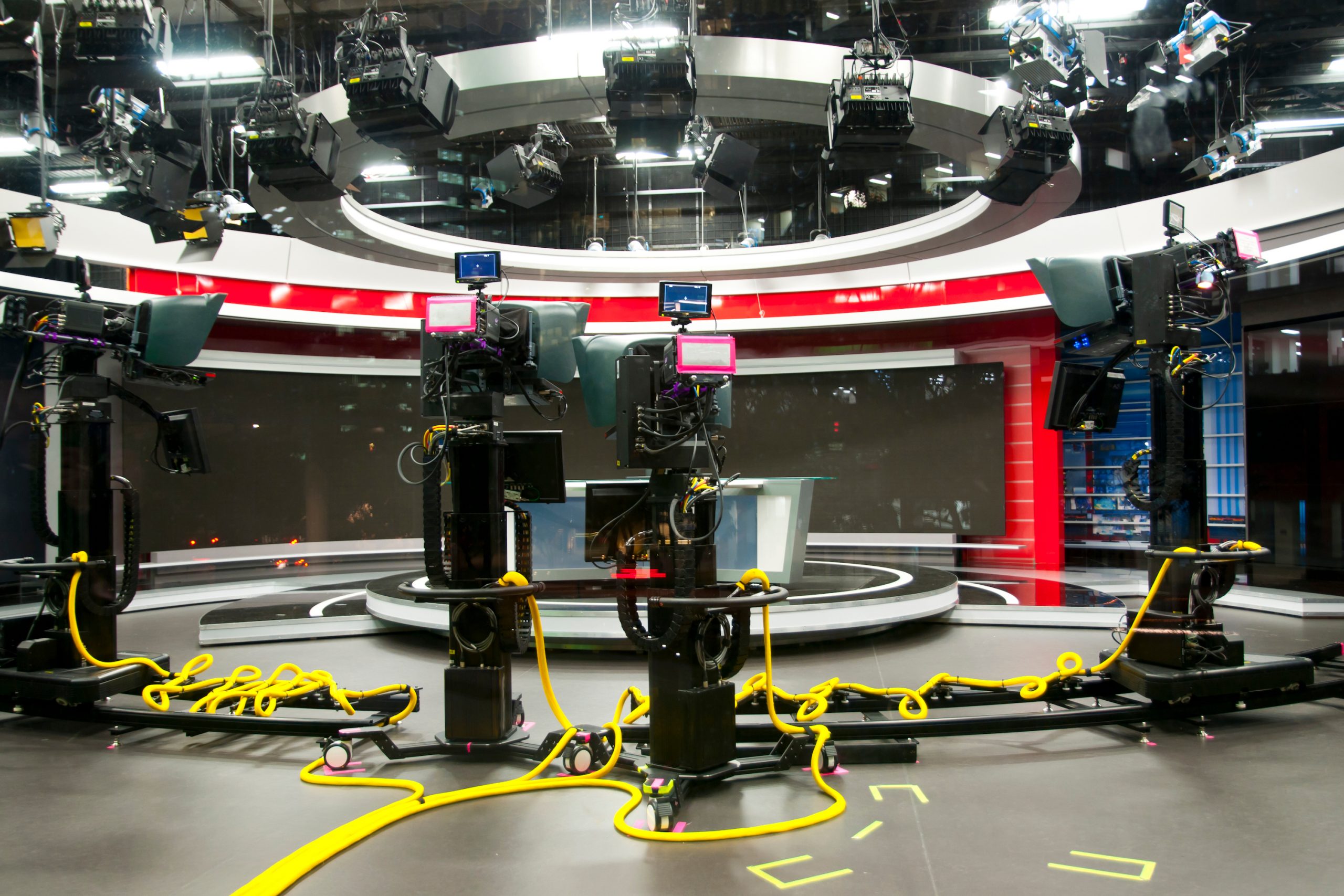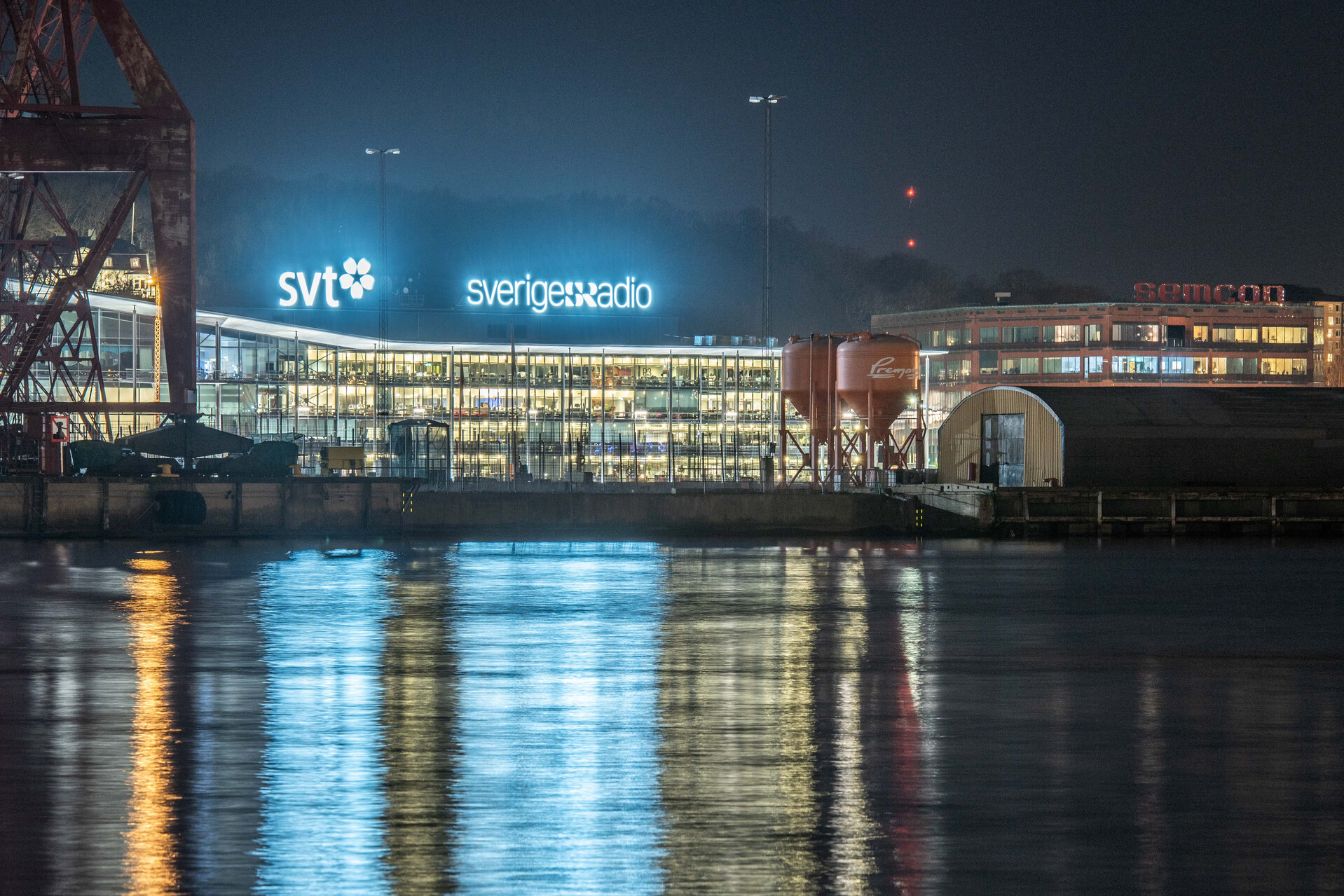100 Years of PSM
Messages from PMA’s members and supporters!
18th September 2022
Watch and read messages from PMA’s members and our supporters, on what Public Service Media means to them, and how it contributes to society, democracy and culture.
PSM “The people’s voice”
Saadatu Albashir, Editor, Radio Nigeria
Regardless of its operations in many regions of the world, public media should normally offer people with targeted information, particularly policies set by their political representatives, so that they are informed of how their lives are ‘managed.’
It is not only for your Information, but it is also a less expensive source of entertainment.
Despite several problems, such as self-censorship on the part of public media employees (and not necessarily on the part of other payees), public media in Nigeria has accomplished some of its goals.
The public media serves as the people’s voice, and the rise of alternative media outlets has only served to increase their impact on day-to-day life in Nigeria.
Public media is extremely important now, both in terms of seeking objective truth and imagining a viable model for local journalism’s future.
PSM “a voice of reason”
Anja Hildén, reporterchef SVT Sport
Public service media means:
Political stability in a politically troubled time.
An equal sports coverage in a world of unequal sports.
A voice of reason in an unreasonable media landscape.
And PSM is not safe today. Because the unstable, the unequal and the unreasonable do what it can to dismantle that very symbol that PSM is in many countries around the world.

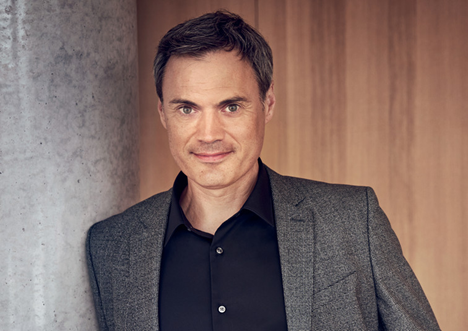
PSM’s “special responsibility”
Dr Norbert Himmler, Director-General of ZDF
Our society has been in crisis mode for more than two years: climate crisis, pandemic and Putin’s war in Ukraine. It is confronted with new challenges such as polarization, hate, fake news, cancel culture, racism, antisemitism, disenchantment with democracy, growing inequality.
I stand for a ZDF that strengthens social cohesion and for “a ZDF for all”. We want to make an offer for the whole of society, i.e. for different age groups, different social, cultural and societal groups. An offer for everyone who pays a licence-fee. This is the core of our public service programming mandate, and for this to succeed, ZDF needs to be deeply and sustainably rooted in our society.
As PSM, we at ZDF are very aware of our special responsibility towards society. Financed by our licence-fee-payers, we also have a duty when it comes to sustainability. Whether in our content or its production: you can expect credible and reliable information, orientation and context as well as good entertainment from us. This is our mission and the standards which we set ourselves.
“Monopoly on truth”
Dovilė Javinskaitė, Head of LRT Radio Newsroom
Public media to me – head of LRT RADIO newsroom, means reliable source for an audience and interesting ways of gaining and sharing information for media workers. Public media will be safe if only it doesn‘t lose it‘s monopoly on the truth-because people trust too much in social media. Public media could be safe only in a society who are able to think crtically and raise the standards of quality for media people. In Lithuania public broadcaster – LRT – provides variety of reliable content-from hard explorers to interesting entertainment.
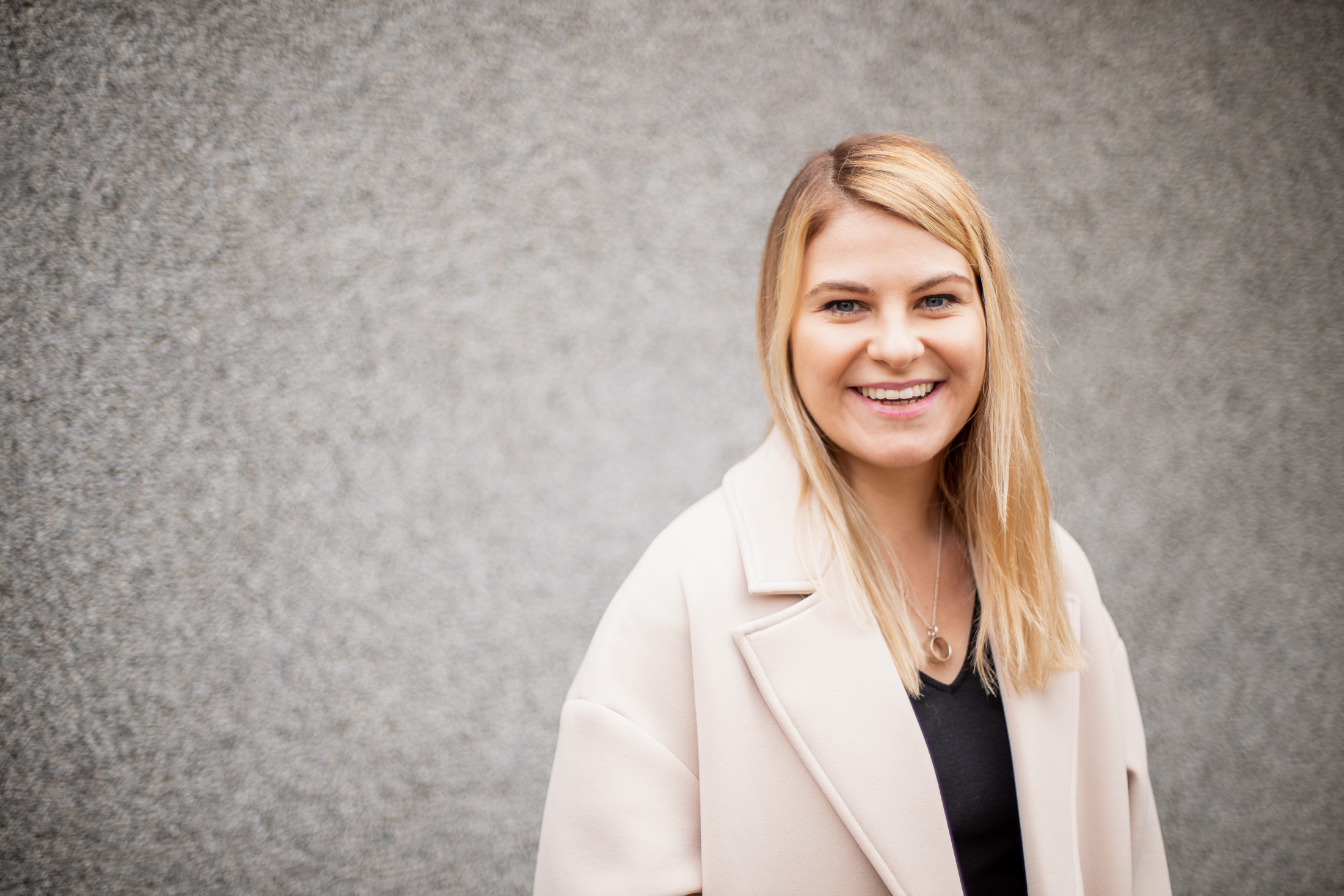
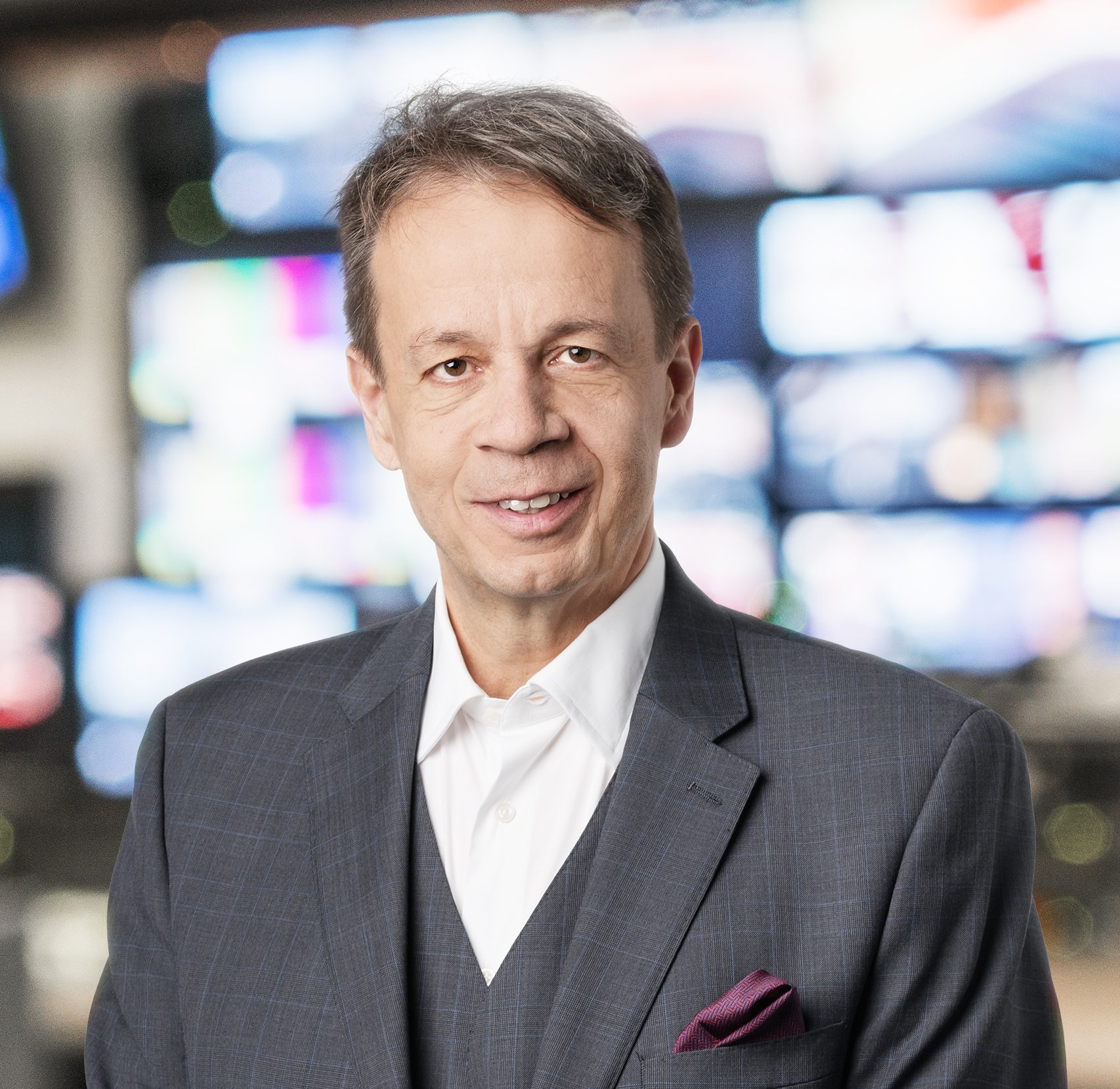
“Mirror of society”
Gilles Marchand, Director-General, SRG SSR
For 100 years, the audiovisual public service has supported the development of society, as a faithful mirror of society. With its most inspiring sides and sometimes also in some more disappointing aspects.
But and this is the most important, without ever denying the fundamental ambition: that of informing, opening curiosity and knowledge, and entertaining.
This fundamental ambition is today contested. We must therefore take advantage of this anniversary to reflect together on the meaning of public service.
And to note then that throughout this past century, our democratic societies have always developed better when the public service has been able to fully play its role.
Let us really hope that this will be the case for the next 100 years, even if this is in no way incompatible with the critical analysis of what the public service produces. This constant debate with society is the best source of quality.
“Revitalising public service media”
Masduki, Lecturer at the Department of Communications, Universitas Islam, Indonesia and former Programme Director of Radio Republik Indonesia (RRI)
The public service broadcasting (PSB) and/or media in Indonesia which is represented by RRI-TVRI formally marked media diversity in the country. Since 2002 to date, promoting media diversity in the country’s post-authoritarian is challenging, because of the culture of state control that endures in the new political climate, the monopolistic media ownership, and the continuing presence of bureaucratic public broadcasting institutions. To ensure the application of media diversity in Indonesia, it is necessary to revitalize the publicly owned public service media, TVRI and RRI. Without strong, high-quality public broadcasting, there is no way to ensure the creation of healthy public service media. Indonesian national policy on this critical issue has remained lacking. Broadcast Law No. 32/2002 permits the country’s public service broadcasters to use only the analog spectrum. The recent digital migration, and the legal protection of social media services, remain an ongoing debate among policymakers (together with the interface of digital-service providers and content producers).
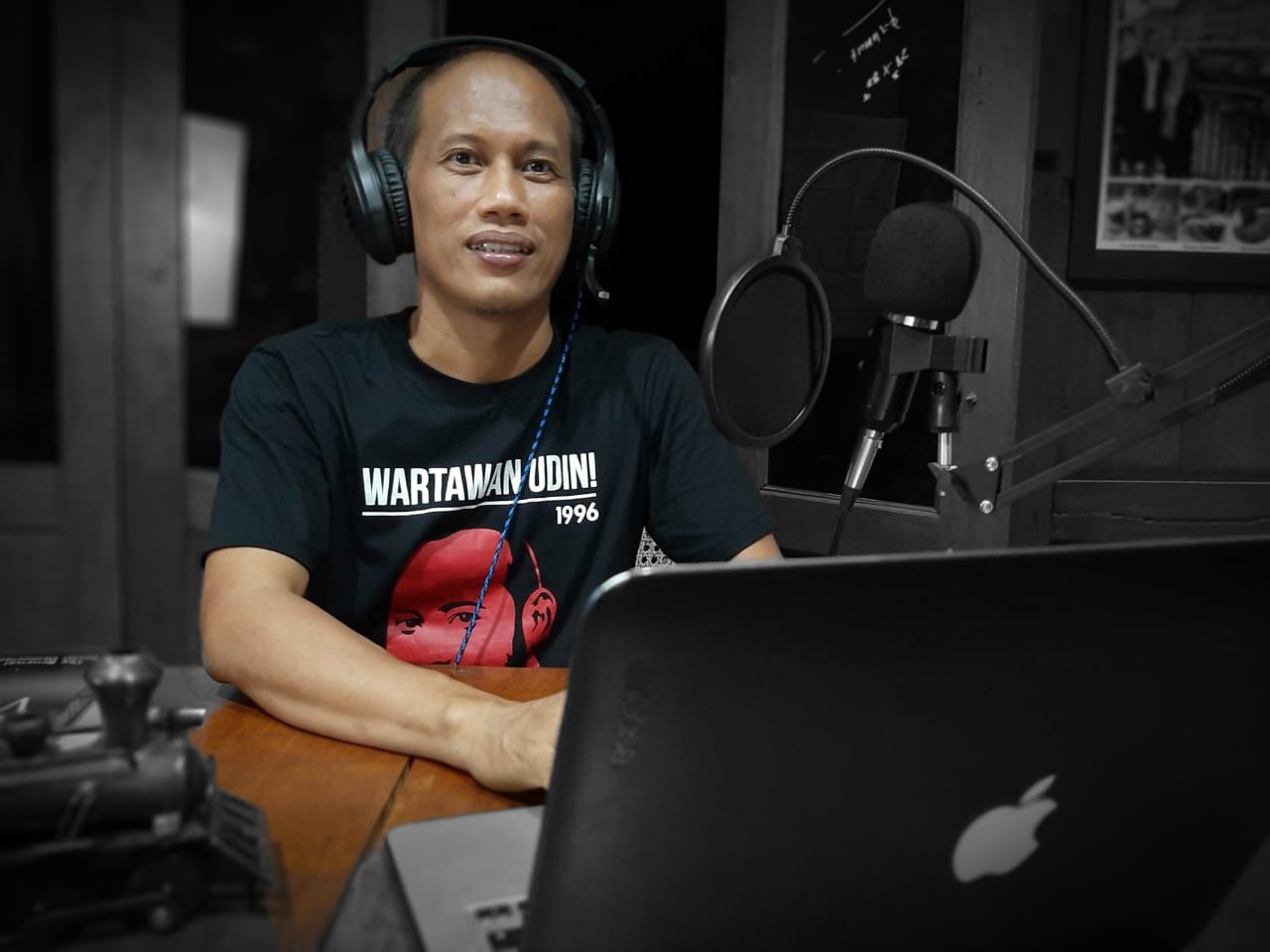
“Unbiased, authentic and verifeid”
Patience Olumati, News Manager, Radio Nigeria
The main purpose of public media is to provide quality content that informs and educates the public to make informed decisions on issues of governance. They are trusted, dependable, and accessible. It is also an avenue for the government of the day to sensitise citizens on its programme. In this era of increased fake news, public service media is the way to go because they bring unbiased, verified and authentic news to the people. Public media ensures that whatever news it disseminates, it must have that element of unity, to bring all sides to the news, taking into cognisance, the diversity in language and culture of the people. Public media serves as a medium to confirm stories by the public.
“Public media stands apart for its ability to put the public interest first”
Catherine Tait, President and CEO, CBC/Radio-Canada
For the past 100 years, BBC has been an inspiration to all public broadcasters worldwide, setting the standard for journalistic and programming excellence. At CBC/Radio-Canada, we have been a fortunate partner with BBC in many programming and news initiatives over the years, most recently collaborating in drama and podcast co-productions, and in our efforts to advocate for the value of public media.
Public media stands apart for its ability to put the public interest first — above profit or politics. And it’s there when it matters most, for events like the Olympics and Paralympics, during climate change disasters and crises like the pandemic, and on occasions like the death of Queen Elizabeth. These shared experiences strengthen our bond as citizens and help to build trust, the underpinning of healthy democracies.
Today, when public media is more vital than ever before in offering trusted news to counter rampant misinformation and disinformation and in bringing us together despite growing polarization, the BBC still stands as a giant of public broadcasting. Its centenary is a moment to reflect on the achievements of public broadcasters — and to renew our efforts to promote the value of public media worldwide.
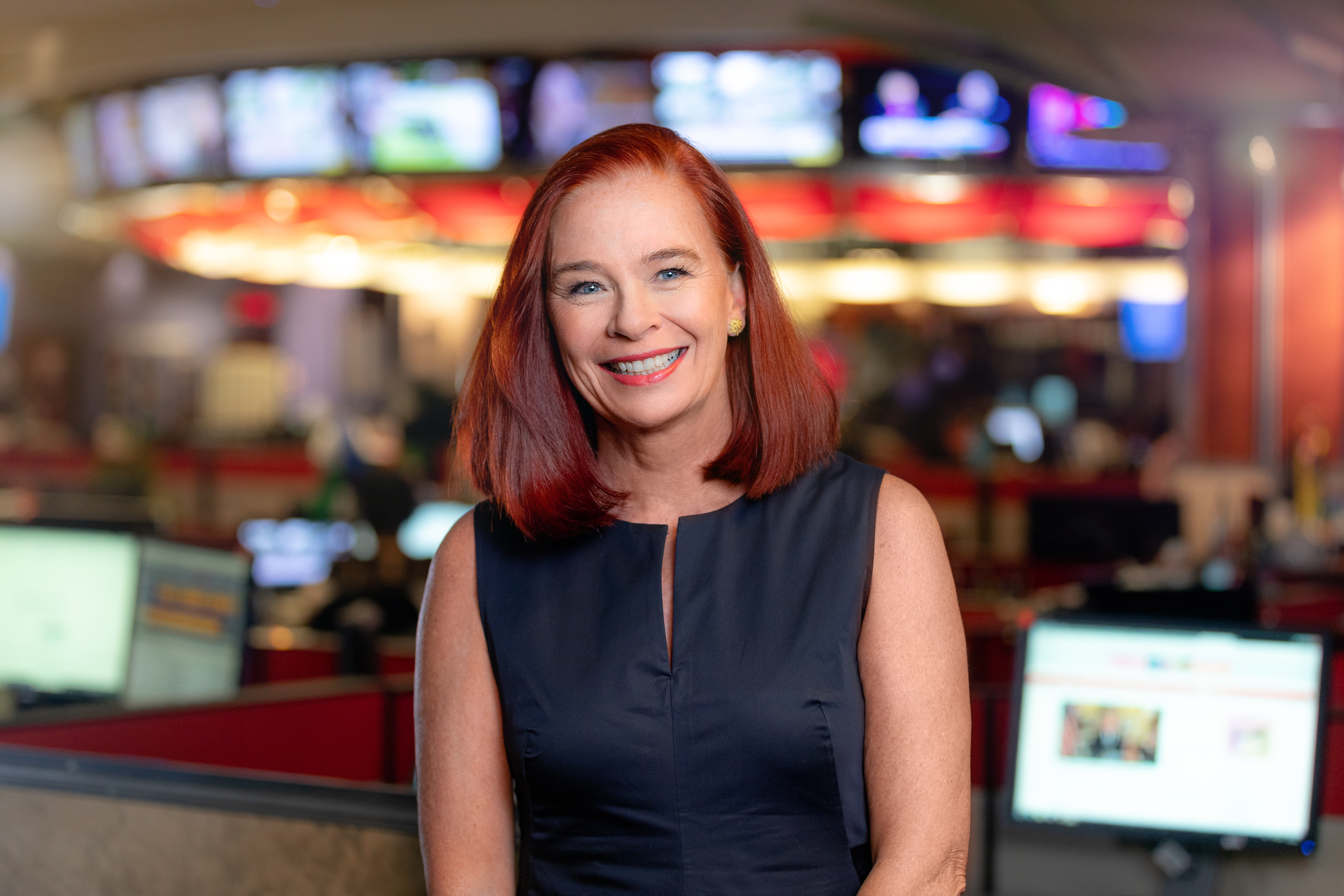

“The BBC shows what can be achieved”
Paul Thompson, CEO, RNZ, & President, PMA
On behalf of the PMA Board, I heartily congratulate the BBC on its centenary. The corporation is one of the finest examples of the contribution independent public media make to connecting and informing communities, countering misinformation, celebrating arts and culture, and building national identity. In Aotearoa-New Zealand we are in the process of building a stronger public media entity that will be better equipped to respond to the needs of our citizens. The BBC’s enduring relevance, high standards, and independence show what can be achieved.
“Innovative, independent, and shared”
Sally-Ann Wilson, journalist and former CEO of PMA
Public media has formed a framework for my life. I have a special connection with it, but I am not alone. For the past century its content has framed the lives of millions, of people worldwide.
With the advent of broadcasting, the reach of news and sharing of views expanded from print to the airwaves. Access to information no longer depended on the printed word or on literacy.
In the digital era PSM grew and evolved. Multi-platform public media was built on the core values of public broadcasting. PSM is diverse. It provides life-saving information during crisis. It innovates, provides entertainment, celebrates diversity, and regenerates language and culture. It underpins informed democracy.
But to be effective, independent journalism must remain at its core. Its journalists must be supported to challenge and hold power to account.
The world now faces flux and fear. Power is not being held to account. Populism and authoritarianism continue to spread threatening independent thought and free speech. Climate change is a reality accompanied by mass migration, pressure on biodiversity and resources. War and disinformation create global instability. Democracy itself is threatened.
Such threats cannot be appeased. But they can be countered with the innovative, independent, and shared national public media space that is PSM.
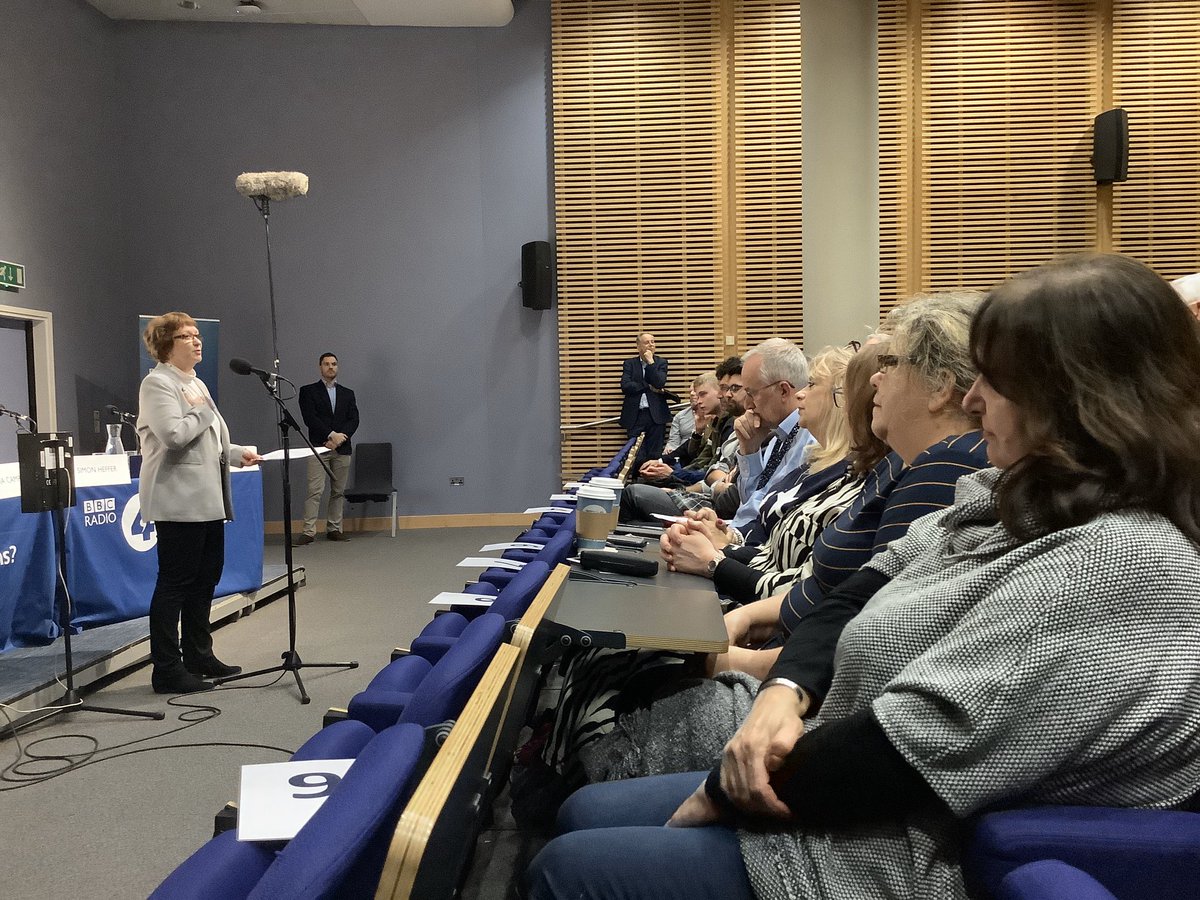
Hadiza Abdulrahman, Journalist, Federal Radio Corporation of Nigeria
Cilla Benkö, Director-General, Swedish Radio
Susana Guttenbeil, General Manager of Content, Pacific Media Network
Dr Wilanisee Phiphitkul, Director-General, Thai PBS
Davide Schiappapietra, Head of Language Content, SBS
Cindy Shyu, President, PTS Taiwan
Damian Wilson, Deputy Director, Radio Turks and Caicos
Related Posts
13th October 2022
Swiss public broadcaster joins the Public Media Alliance
"It is essential to strengthen links…
13th October 2022
Focus On Slovenia: Reflecting on a difficult year for public media
We reflect upon the challenges faced by…
7th October 2022
European public media organisations prepare for energy shortages
Some public media organisations are…
29th September 2022
Sweden: Implications for public media after election
Elections in Sweden have seen gains for…
